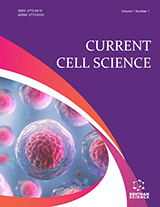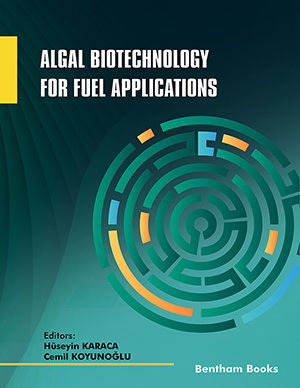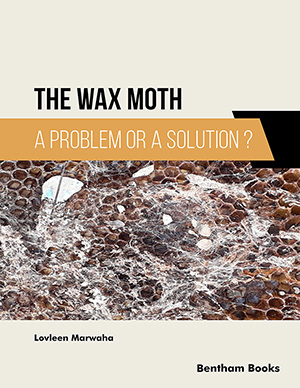Abstract
Experimental tools have emerged as a promising alternative to animal
research in pharmacology. With growing ethical concerns and regulatory restrictions
surrounding animal experimentation, researchers are increasingly turning towards in
vitro and in silico methods to develop new drugs and evaluate their safety and efficacy.
In vitro tools include cell culture systems, 3D organoid models, and microfluidic
devices replicating complex physiological conditions, such as the blood-brain barrier or
the liver microenvironment. These systems can provide more accurate and predictive
results than animal models, reducing ethical concerns and experimental costs. In silico
methods, such as computer modelling, simulation, and artificial intelligence, enable
researchers to predict the drug-target interactions, toxicity, and pharmacokinetic and
pharmacodynamic properties of new drugs without animal testing. Experimental tools
have several advantages over animal research, including more accurate and predictive
results, lower costs, higher throughput, and reduced ethical concerns. However, the
limitations of these tools must also be acknowledged, such as the inability to fully
replicate the complexity of a living organism, which requires further validation. These
tools offer a promising avenue for advancing pharmacological research while reducing
the reliance on animal experimentation. In conclusion, experimental tools provide an
excellent alternative to animal research in pharmacology to identify and avoid potential
toxicities early in the drug discovery process and have the potential to revolutionize
drug discovery and development. This chapter mainly focuses on the numerous in
vitro, in silico, non-animal in vivo, and emerging experimental tools and their
regulatory perspectives on validation, acceptance, and implementation of the
alternative methods used in pharmacological research.
Keywords: Animal research, Cell culture, Computer modelling, Emerging tools, Microfluidic devices, Organ-on-a-Chip technology, Pharmacology, Regulatory guidelines.






















